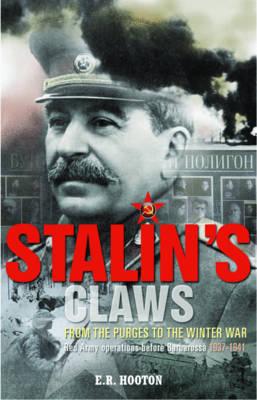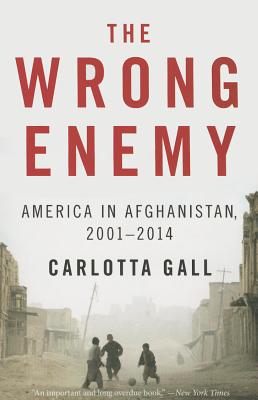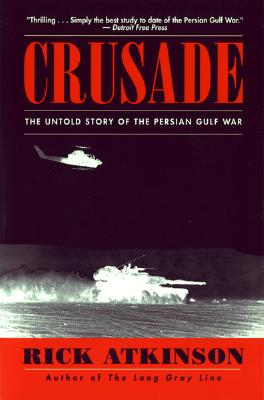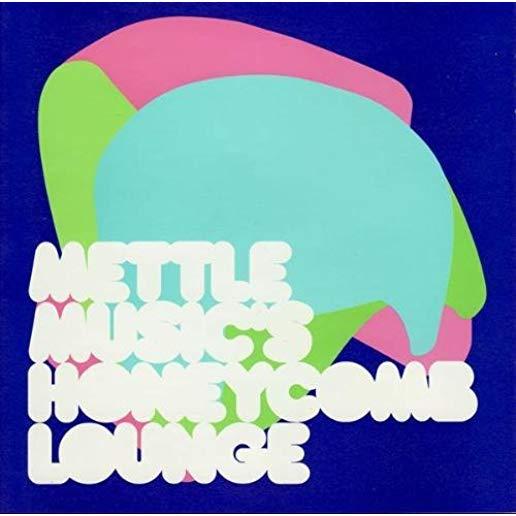
Hooton, E. R.
product information
description
2In the late 1930s the Soviet Union experienced a brutal Ezhovshchina - or Purge - which swept through all levels of its society with millions arrested and tens of thousands shot for reasons lacking any form of ethics or justification. As historian, E.R. Hooton describes in this absorbing and revealing history, the Soviet armed forces did not escape the bloody tidal wave which swept away the majority of their most experienced and gifted officers. One of the driving forces for the Red Army Purges was a bitter dispute between the conservatives and radicals who sought a form of warfare based on deep-roaming mechanized forces. But the conservatives' ensuing bitterness was due to the fact that the radicals were unable to make the mechanized forces viable operationally and this failure would prove to be the major factor in driving the radicals to the execution chambers. Yet as the leadership of the Soviet forces was cut to pieces, the Red Army was deployed in operations at the extremities of Stalin's empire. Despite showing ominous signs of weakness, in every case it triumphed. The Japanese had been defeated on the Korean border at Lake Khasan in 1938 and a year later suffered a major defeat on the Mongolian border at the River Khalkin (Khalkin Gol) in an offensive directed by the future Marshal Zhukov. These guns had barely ceased fire when there was a major invasion of eastern Poland following the Ribbentrop Pact. On the back of that, the Baltic States were compelled to allow the Russians to base forces in their borders. But as the Purges eased and Moscow became overconfident, the massive Red Army became enmeshed in the disastrous Winter War with Finland of 1939-1940 which saw its military prestige shattered and its invasion not only stopped, but dealt a series of major defeats. Victory of a kind, when it came, was pyrrhic. In the aftermath, the Red Army hurriedly sought to modernize and to expand in order to meet the growing threat from Nazi Germany. It invaded Romania's eastern province of Bessarabia in June 1940 to provoke 'Barbarossa'. Yet the Purges and the Purge mentality continued to wreak slaughter and fear from 1939 to 1941, culminating in a mini massacre of Soviet generals even as Hitler's armies approached Moscow. Following detailed research, the author provides a vivid and important insight into the operations conducted by the Red Army from 1937 to 1941 and makes some surprising conclusions about the impact of the Purges.
member goods
No member items were found under this heading.
Return Policy
All sales are final
Shipping
No special shipping considerations available.
Shipping fees determined at checkout.







